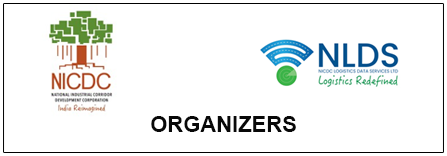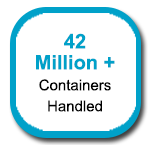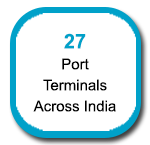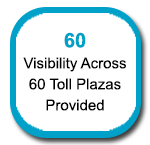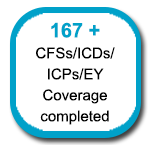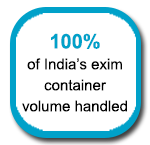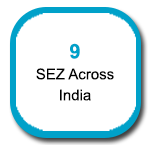Overview of Unified Logistics Interface Platform (ULIP)
Logistics has been given special focus in the last few years, and many measures in terms of hard and soft infrastructure have been taken to improve the logistics scenario of India. However, an integrated view of the Indian logistics value chain is necessary and a unified system by the interconnection of the IT systems of various union ministries, state departments, governing bodies, and private service providers is required.
Additionally, for stakeholders to receive logistics-related services, visibility, authorizations, and
certifications of the cargo seamlessly, all IT systems need to be interconnected. Unified Logistics
Interface Platform (ULIP) is designed to enhance efficiency and reduce the cost of logistics in India
by creating a transparent, one window platform that can provide real-time information to all
stakeholders. It was also emphasized that the solution should have the visibility of multi-modal
transport, and all the existing systems of various ministries, governing bodies, and private
stakeholders should be integrated with the ULIP system.
There are three key components which are defining the ULIP platform:
- Integration with existing data sources of ministries: As authorization,
compliance and clearance are some of the critical activities of Logistics; the integration with
data points of ministries shall enable a holistic view and interlink the handshaking points.
- Data exchange with private players: To enable the private players, logistics
service providers, and industries to utilize the data available with ULIP and at the same time
share their data (transportation, dispatch, delivery, etc.) with ULIP, thereby streamlining the
processes to bring better efficiency through data exchange.
- Unified document reference in the supply chain: To enable a single digitized
document reference number for all the documentation processes in a single platform.
ULIP shall enable start-ups and private organizations to build the presentation layer, encompassing various use-cases to serve the service, trade and logistics service providers.






